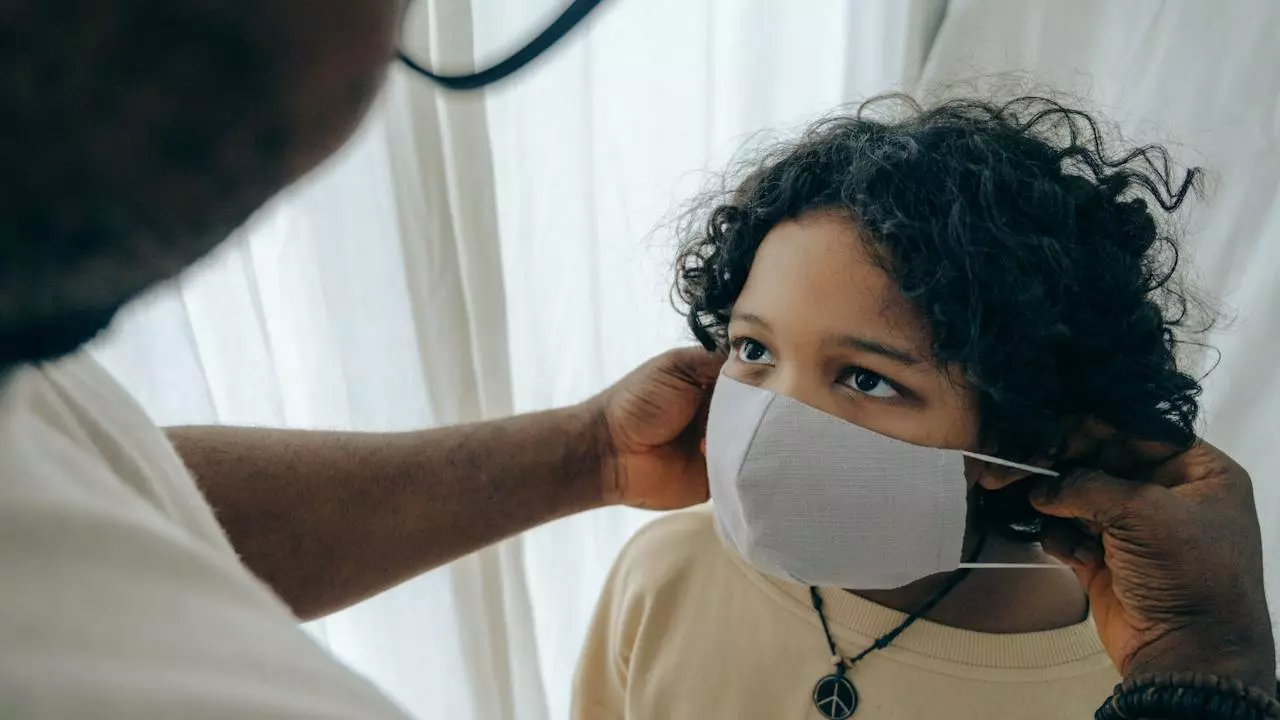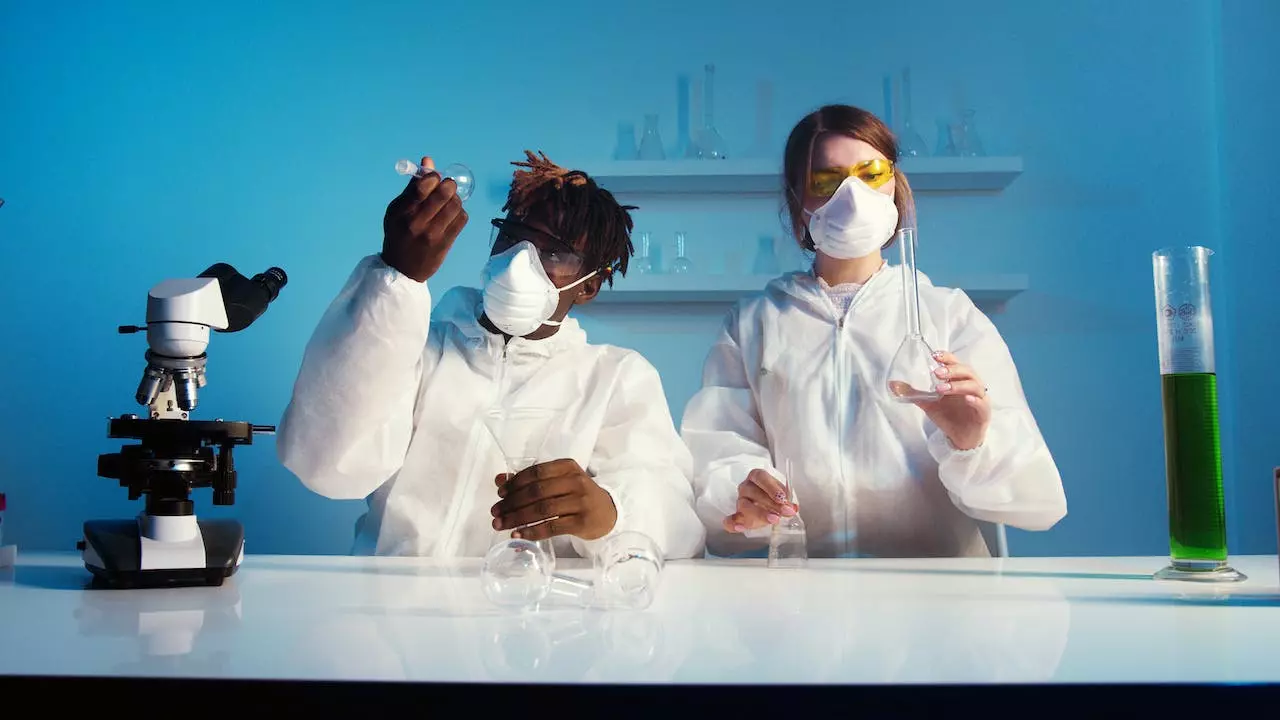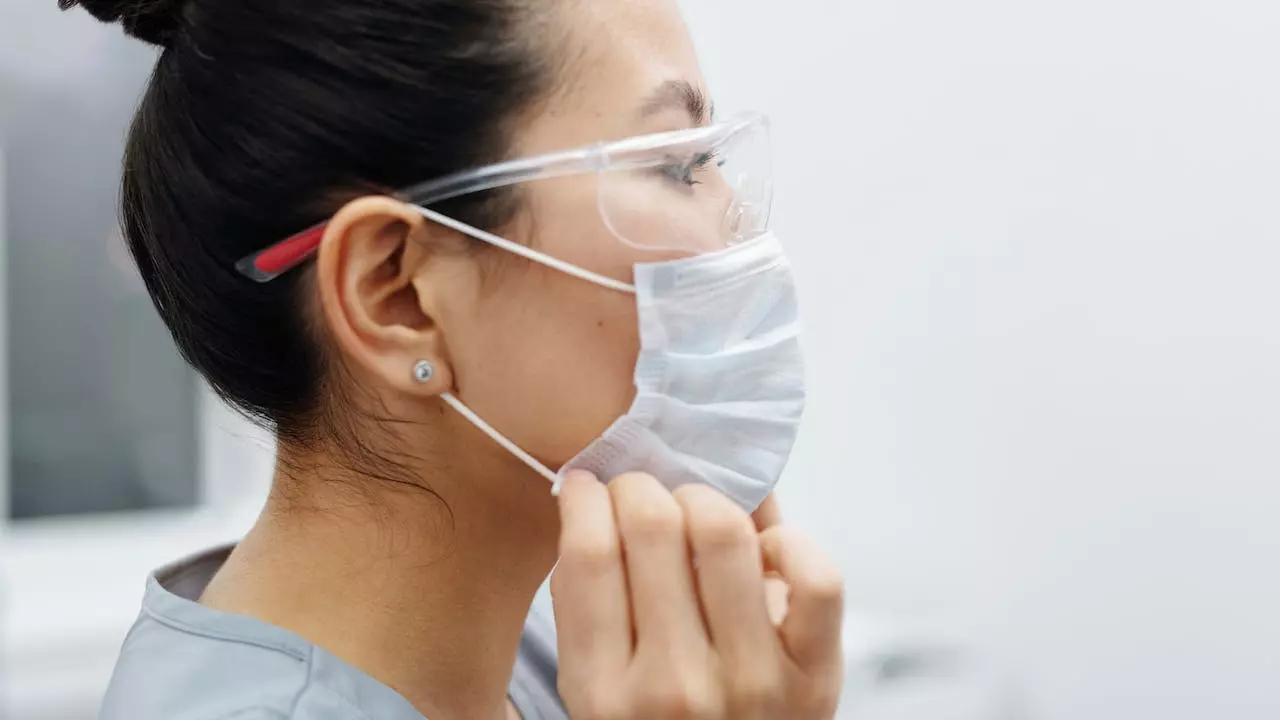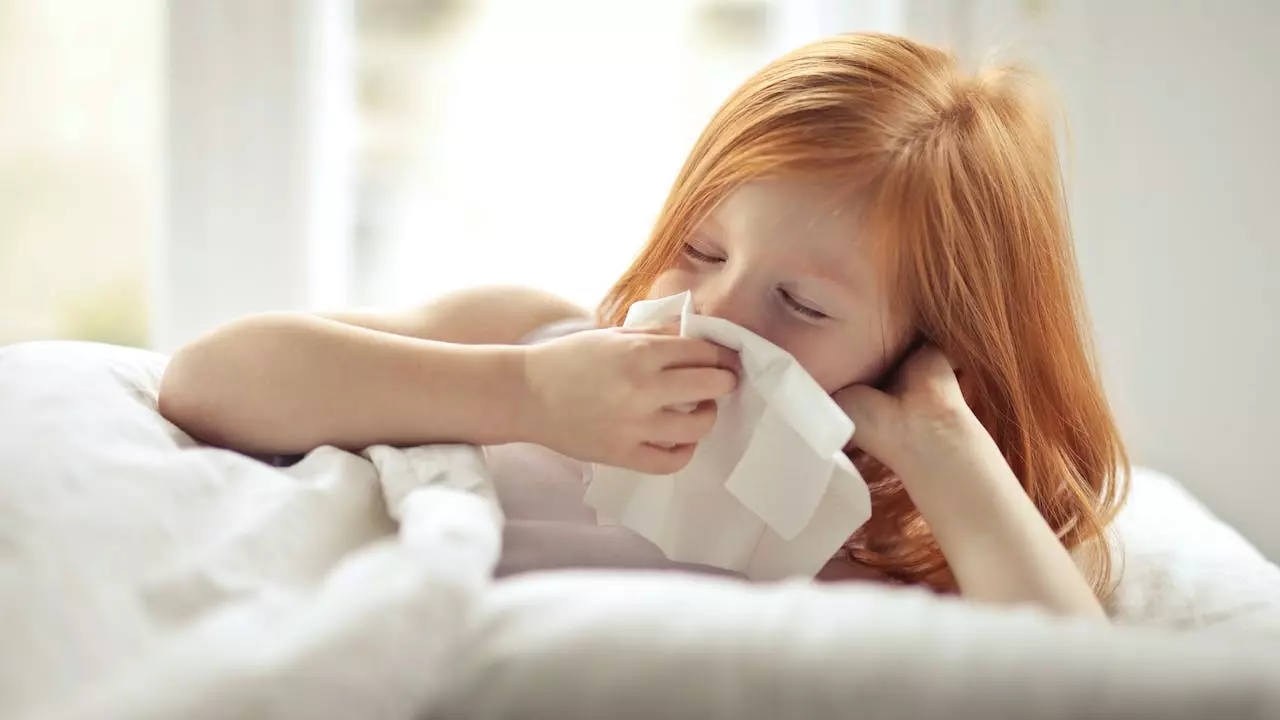Nowadays, pneumonia is spreading very quickly. You might have heard about the news of the recent mysterious pneumonia breakout in China, especially in children. So, as your health guide, we are here to guide you about the pneumonia symptoms, its causes, and the treatment of pneumonia. Because pneumonia symptoms are very similar to the symptoms of COVID-19, you should take it seriously because, in China, it is spreading very fast as thousands of children are at hospitals. Doctors are facing huge problems with their diagnosis. First, let’s learn what pneumonia is and how it affects our health.
What is Pneumonia?

Read Also: Metabolism Boosters: 5 Powerful Foods for Weight Loss
Generally, pneumonia is an infection that viruses, bacteria, or fungi can cause in one or both of your lungs. If you have pneumonia in both of your lungs, it is called double or bilateral pneumonia. It can cause swelling in the tissues of your lungs or result in fluid or pus in your lungs. Viral pneumonia can resolve within some days, while bacterial pneumonia is more severe than viral and needs the patient to be admitted to the hospital.
Difference between Viral and Bacterial Pneumonia

Usually, all the pneumonia happens due to the inflammation in your lungs. Still, you might have different pneumonia symptoms based on the root cause of whether it is due to a virus, infection, or fungi. Bacterial pneumonia is more common and severe than viral pneumonia, which can cause a hospital stay. Viral pneumonia has flu-like symptoms and can resolve independently without any specific treatment.
Types of Pneumonia

Pneumonia can be categorized based on its root causes, such as fungi, viruses, or bacteria, and how you got it, such as hospital-acquired, community-acquired, or ventilator-associated pneumonia.
Community-acquired pneumonia
When you have pneumonia outside of your health care facility, it is known as CAP or community-acquired pneumonia, and its causes include Bacteria, viruses or fungi, or Protozoa.
Hospital-acquired pneumonia
Sometimes, when you are in the hospital for some other medical treatment, you can also get pneumonia, and this is called HAP or hospital-acquired pneumonia. HAP is more serious than CAP because it can happen due to antibiotic-resistant bacteria, like MRSA – methicillin-resistant Staphylococcus aureus.
Healthcare-associated pneumonia
You can get this type of pneumonia when you spend a long time in a nursing home or outpatient or your extended stays in a clinic. Like HAP, HCAP is also caused by antibiotic-resistant bacteria.
Ventilator-associated pneumonia
If you are suffering from respiratory-related problems and using breathing machines for treatment, especially in the ICU, then you are more prone to ventilator-associated pneumonia. Bacteria, which causes CAP, and the drug-resistant, which cause HAP, are the main reason behind this VAP.
Aspiration pneumonia
Aspiration pneumonia can happen when liquids, solid food, spit, or vomit go down the windpipe and enter the lungs. If one cannot cough these substances up, they can affect the lungs and result in aspiration pneumonia.
Pneumonia Causes

Causes of Bacterial pneumonia
- Streptococcus pneumonia
- Haemophilus influenza
- Mycoplasma pneumonia
- Legionella pneumophila
Causes of Viral pneumonia
- Influenza (flu)
- Adenovirus infection
- Rhinoviruses (common cold)
- Respiratory syncytial virus (RSV)
- Human metapneumovirus (HMPV) infection
- Coronavirus infection
- Human parainfluenza virus (HPIV) infection
- SARS-CoV-2 infection (the virus that causes COVID-19)
- Chickenpox (varicella-zoster virus)
- Measles
Causes of Fungal pneumonia
- Pneumocystis jirovecii
- Histoplasmosis species
- Cryptococcus species
Pneumonia Symptoms

Bacterial Pneumonia Symptoms
- High fever (up to 105 F or 40.55 C).
- Rapid heart rate.
- Bluish skin, lips, or nails (cyanosis).
- Tiredness (fatigue).
- Sweating or chills.
- Confusion or altered mental state.
- Cough with yellow, green, or bloody mucus.
- Shortness of breath.
- Chest pain and abdominal pain, especially with coughing or deep breathing.
- Rapid breathing.
- Loss of appetite.
Viral Pneumonia Symptoms
- Dry cough.
- Muscle pain.
- Headache.
- Extreme tiredness or weakness.
Pneumonia Symptoms in Young Children and Babies
- Fever, chills, general discomfort, sweating/flushed skin.
- Lack of energy
- Difficulty breathing or rapid breathing (tachypnea).
- Cough.
- Vomiting
- Loss of appetite.
- Restlessness or fussiness.
- Grunting sound with breathing or noisy breathing.
- Pale skin
- Crying more than usual.
- A decreased amount of pee or diapers that are less wet.
- Limpness.
- Difficulty feeding.
Pneumonia Symptoms in Adults Over 65
- A sudden change in mental state.
- Fatigue
- Low appetite.
So now you know the causes and the symptoms of pneumonia, you should take care of yourself in this changing season and consult your healthcare expert immediately once you see any symptoms. Because if you have bacterial pneumonia, it can further lead to severe health conditions. So be safer, take some precautions, and follow a hygienic lifestyle this season to stay healthy and fit and enjoy your holiday season.
To get more of our exclusive content on Health Care and Lifestyle. Follow us on YouTube and Instagram.





